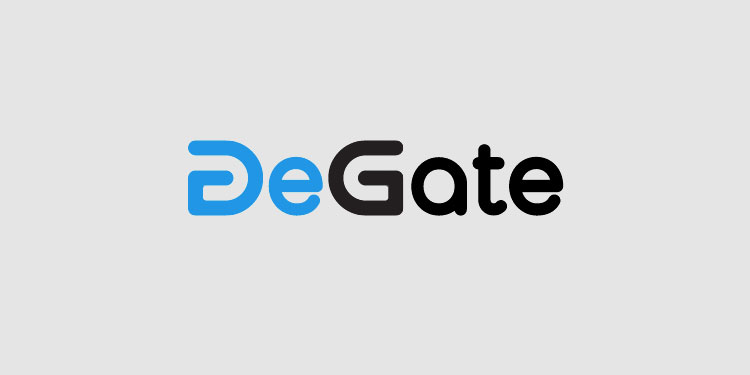DeGate, a decentralized exchange (DEX) protocol built on zero-knowledge technology, today announced the release of its testnet. Following testnet, plans call for the launch of the mainnet this summer.
Zero-knowledge (ZK)-based DEX
Gas fees are a major concern on Ethereum. Conventional AMM DEXs incur high gas fees on Ethereum and provide only market orders, where traders have to accept the current market price for an exchange.
The DeGate testnet showcases key features of the protocol and is based on a zero-knowledge (ZK) rollup which allows for spot trading via limit orders, similar to a centralized exchange experience.
ZK technology powers a “match node” that matches orders between traders, periodically recording the transactions on a mainnet. This ensures a faster, cheaper experience that is still secured by Ethereum.
Building on and improving upon the important work of Loopring Protocol, an existing ZK rollup for trading and payment, DeGate adds new features such as:
- Permissionless listing – As a protocol, DeGate allows anyone to deploy a front end and run their own DEX, and any tokens can be listed in a permissionless manner through an open listing mechanism.
- Grid trading feature – DeGate offers a grid trading feature to trade the ups and downs in a particular trading pair. This feature is common in centralized exchanges and DeGate is bringing it to a DEX.
- Gas saving deposits – Depositing into a DEX protocol often incurs a high one-time fee. DeGate has established a gas-saving deposit option. This option is based on a “simple transfer” rather than a “contract call”. This method can reduce the one-time gas deposit fee by up to 75%.
- Ultra-Efficient Gas Saving (UEGS) technology – Pioneered by the DeGate team, this ensures significant gas savings while maintaining a decentralized protocol.
- No admin key – In order to ensure decentralization, DeGate protocol is initiated without an Admin key. Therefore, once the protocol is deployed, its code execution logic is immutable.
- Exodus mode – DeGate protocol is programmed in such a way that if an operator of the protocol goes offline for more than 15 days, anyone can trigger a transaction to enable the ‘Exodus mode’ of DeGate protocol, facilitating asset withdrawal.
“While the testnet is running and DeGate collects feedback from users of the protocol, the team is preparing for its mainnet in mid-summer this year. Auditing is a key part of this process to ensure security. DeGate will audit with at least three top-tier auditing firms to review the circuit and smart contract of DeGate.”
– The DeGate Team






















